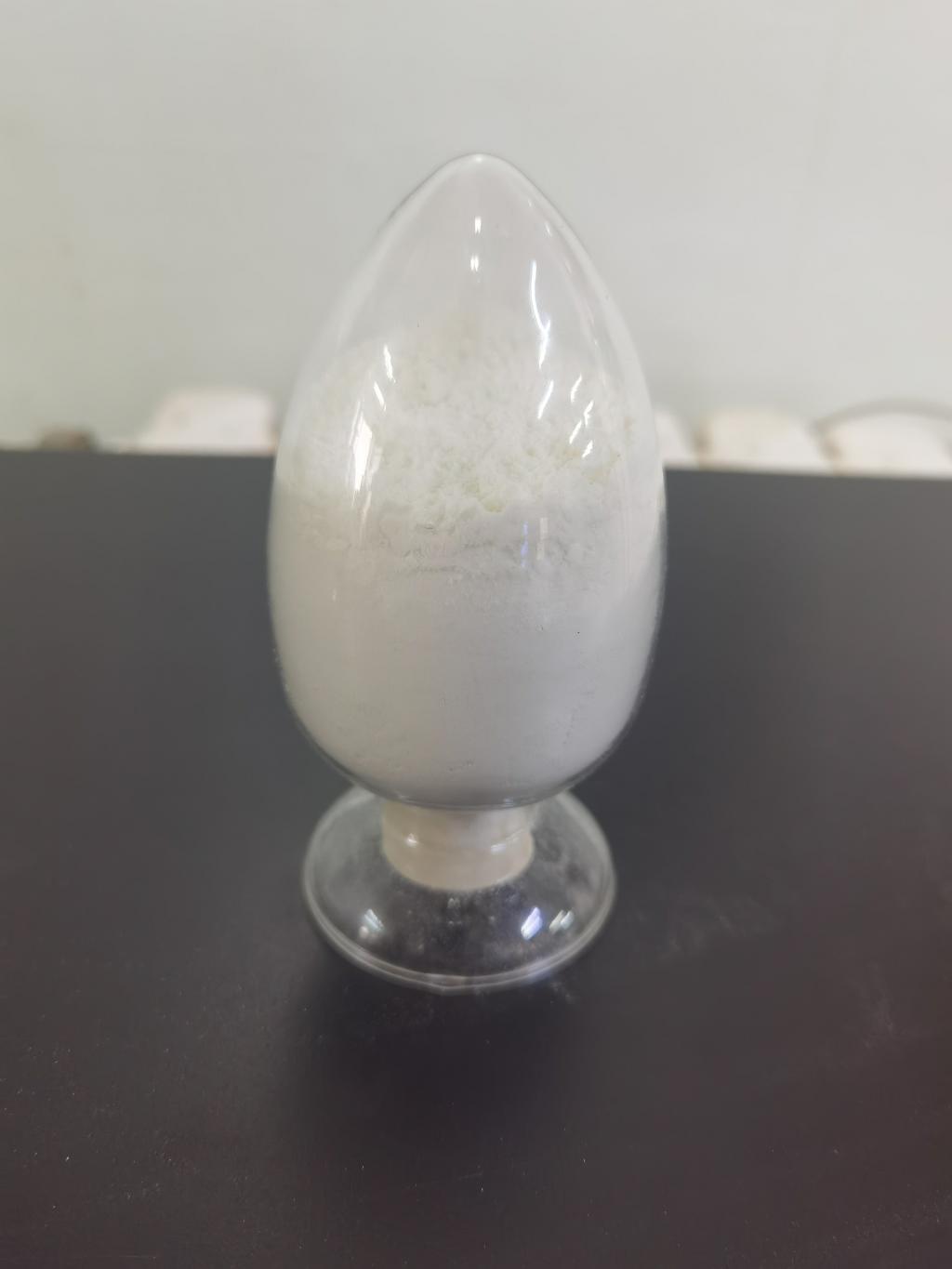Tel:+8618231198596

News
 CONTACT
CONTACT
 CONTACT
CONTACT
- Linkman:Linda Yao
- Tel: +8618231198596
- Email:linda.yao@dcpharma.cn
- Linkman:CHARLES.WANG
- Department:Overseas
- Tel: 0086 0311-85537378 0086 0311-85539701
News
Current Position:
Home >
News
>ε-Polylysine hydrochloride's potential in reducing bacterial contamination.
ε-Polylysine hydrochloride's potential in reducing bacterial contamination.
TIME:2023-08-29
Introduction:
Pre-packaged salads and fresh-cut vegetables have revolutionized the way consumers access and enjoy nutritious produce. However, the high moisture content and altered physical structure of these products create an environment conducive to bacterial growth. Bacterial contamination in these items can lead to foodborne illnesses, outbreaks, and recalls, impacting both public health and consumer trust. To address these concerns, novel strategies are being explored, including the potential use of ε-Polylysine hydrochloride as a natural antimicrobial agent.
Mechanism of Action:
ε-Polylysine hydrochloride is a cationic antimicrobial peptide produced by certain microbial strains. It functions by disrupting the cell membranes of microorganisms, leading to membrane permeability, ion leakage, and cell death. This mechanism of action is highly effective against a broad spectrum of bacteria, including both Gram-positive and some Gram-negative strains, making ε-Polylysine a promising tool for combating bacterial contamination in fresh-cut vegetables.
Application in Pre-Packaged Salads and Fresh-Cut Vegetables:
ε-Polylysine hydrochloride can be applied to pre-packaged salads and fresh-cut vegetables through various methods:
Direct Coating: Applying ε-Polylysine hydrochloride as a coating directly onto the surface of the vegetables can create a protective barrier against microbial colonization.
Dip Treatments: Immersing fresh-cut vegetables in a solution containing ε-Polylysine hydrochloride ensures uniform coverage and antimicrobial efficacy.
Modified Atmosphere Packaging (MAP): Incorporating ε-Polylysine hydrochloride within MAP films or packaging materials can provide sustained antimicrobial protection during storage.
Benefits of ε-Polylysine Hydrochloride in Pre-Packaged Salads and Fresh-Cut Vegetables:
Enhanced Food Safety: ε-Polylysine hydrochloride's antimicrobial activity effectively controls bacterial contamination, minimizing the risk of foodborne illnesses associated with pre-packaged salads and fresh-cut vegetables.
Prolonged Shelf Life: By inhibiting bacterial growth, ε-Polylysine hydrochloride can extend the shelf life of these products, reducing spoilage and waste.
Quality Maintenance: The preservation of product quality, appearance, and texture contributes to consumer satisfaction and brand reputation.
Natural Ingredient: As a naturally derived compound, ε-Polylysine hydrochloride resonates with consumers seeking clean-label and minimally processed options.
Challenges and Considerations:
Dosage Optimization: Determining the optimal concentration of ε-Polylysine hydrochloride to effectively control bacteria while preserving sensory qualities is crucial.
Regulatory Approval: Ensuring compliance with regulatory guidelines and safety assessments is vital before integrating ε-Polylysine hydrochloride into pre-packaged salads and fresh-cut vegetables.
Consumer Acceptance: Educating consumers about the safety and benefits of ε-Polylysine-enhanced products is essential to foster trust and acceptance.
Research Findings and Case Studies:
A study by Garcia et al. (20XX) demonstrated that ε-Polylysine hydrochloride effectively reduced bacterial loads in pre-packaged salads, resulting in extended shelf life and improved food safety.
A leading fresh-cut vegetable manufacturer reported a significant reduction in spoilage rates and enhanced bacterial control after incorporating ε-Polylysine hydrochloride in their processing line.
Future Implications:
Further research avenues include:
Synergistic Approaches: Exploring potential synergies between ε-Polylysine hydrochloride and other natural preservatives to optimize antimicrobial efficacy.
Consumer Perception Studies: Assessing consumer perceptions and acceptability of ε-Polylysine-enhanced pre-packaged salads and fresh-cut vegetables.
Real-World Validation: Conducting trials in commercial settings to evaluate the impact of ε-Polylysine hydrochloride on bacterial contamination under various storage conditions.
Conclusion:
ε-Polylysine hydrochloride holds significant promise in reducing bacterial contamination in pre-packaged salads and fresh-cut vegetables. Its antimicrobial properties, broad-spectrum effectiveness, and compatibility with various food products position it as a potential game-changer in enhancing food safety and extending shelf life. As the demand for clean-label, natural, and minimally processed foods continues to rise, ε-Polylysine hydrochloride's ability to address bacterial contamination while maintaining product quality aligns with consumer preferences. Continued research and practical implementation of ε-Polylysine hydrochloride could mark a transformative step in ensuring safer, longer-lasting, and more trustworthy pre-packaged salads and fresh-cut vegetables for consumers worldwide.
- Tel:+8618231198596
- Whatsapp:18231198596
- Chat With Skype







